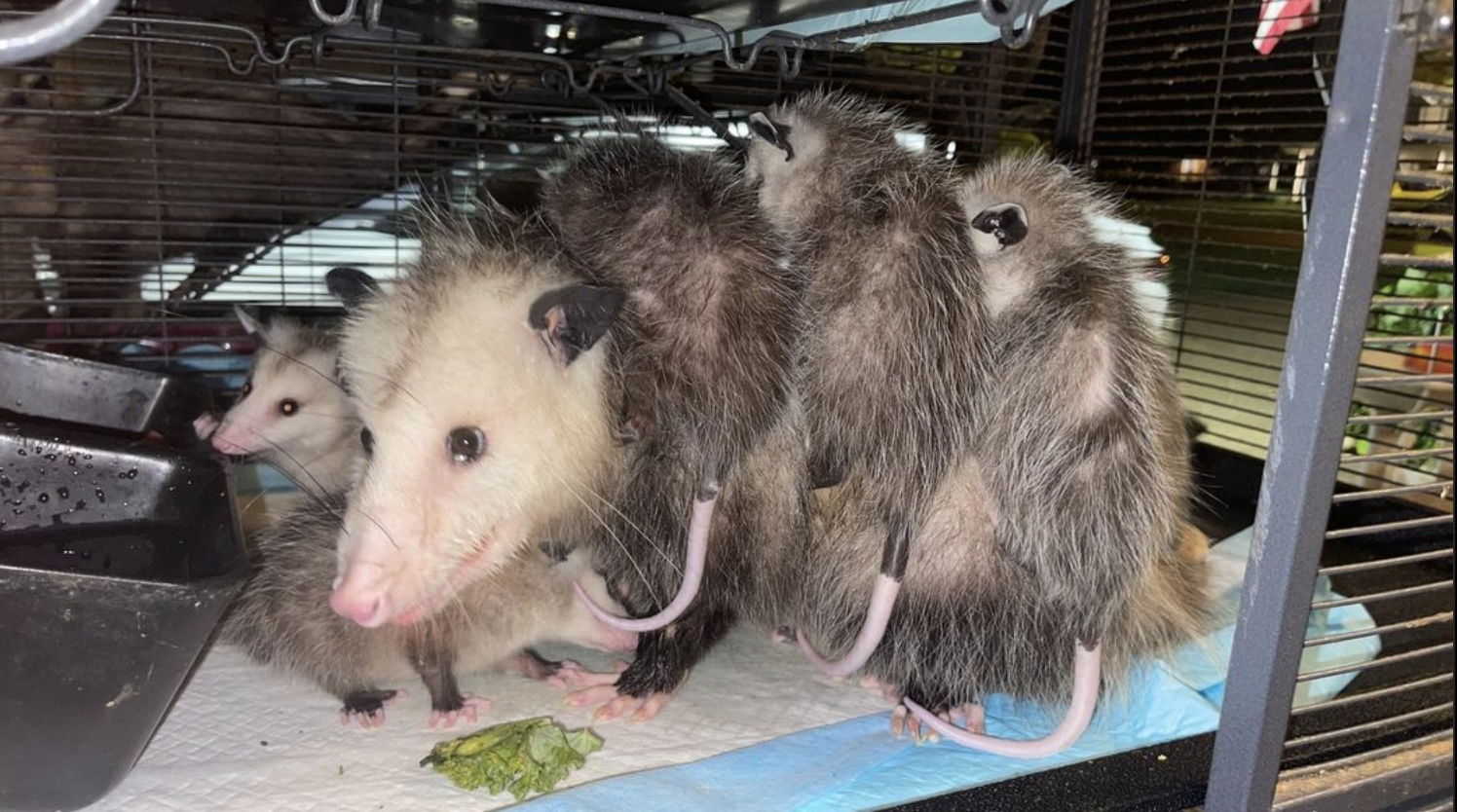
What to do when you find an animal
When to help the animal you just found
Sometimes the animal is totally fine, just young and out exploring the town. Others, there’s a need for help. Here’s when to step in.
Your cat or dog brings it to you
It’s bleeding or clearly injured
You find a featherless baby bird on the ground
The animal is shivering
You see a dead parent nearby
The animal has been crying or wandering all-day
If any of these are true, move on down to the appropriate section.
First things first:
Safely relocate the animal. A shoe box with a towel folded in the bottom is a great makeshift shelter. It also makes it a lot easier for you to transport them to a rehabber.
Do your best to minimize stress. This is a wild animal, and it is terrified to meet you. Keep it in a quiet, dark, safe place. If the animal is cold, you can place a heating pad under one portion of the box so it can move to or away from warmth as needed.
Don’t try to feed the baby. Infants must be warm before they can be rehydrated, and they have to be rehydrated before they can eat. You might do more harm than good by trying to feed it. I REPEAT — BEGGING THIS TIME — DO NOT ATTEMPT TO FEED ANY INFANT ANIMALS.
Do not feed any animal (other than a cow) cow’s milk under any circumstances.
Do not make a homemade formula you found on Google. It will kill that animal.
Do not give human breast milk. I should not have to say that. People make strange choices.
Do not give it candy.
Do not give it ANYTHING before talking to an actual licensed wildlife rehabilitator. PROMISE ME.
Did you find a baby bird?
Look around for a nest. Do you see any parents nearby? Sometimes wind, rain, or clumsiness can knock a baby bird from the nest. If it’s bald or fluffy without feathers, it needs to go back into the nest.
If the bird has feathers but appears young, it’s most likely a fledgling learning to fly and has parents nearby. Keep an eye on him if you’d like, but he’s probably fine.
If the bird is injured, or if no nest can be found, call a rehabber, and they’ll talk through what to do next.
What about raccoons and foxes?
If the animal’s eyes are still closed, move it somewhere nearby but out of the way. It may have been accidentally dropped or left behind, and its mama will probably come back soon – but not if you’re hanging around. If it’s been there for more than 24 hours, call a rehabber.
If the little dude’s eyes are open and he’s moving around, his mother is very likely nearby watching him explore. Keep an eye on him from a safe distance, and if he’s still hanging around after a day or so with no sign of Mom, call me. He might be on his own, or he may need a little help. Talk it through with a rehabber.
If the animal is definitely orphaned or has an injury, go ahead and call a rehabber.
Did you find a rabbit?
Momma rabbits only come home twice a day to help keep predators from finding their nest. And she definitely won’t go home if she sees humans around. If you see a nest full of healthy-looking babies, leave them be. Their mom will come back. If you see them a few days later and they’re looking skinny or sick, then it may be time to intervene.
How about opossums?
Opossums go out on their own a lot sooner than you’d think. If it has all its hair and moves quickly, the little fella has probably recently moved out of his mom’s place and is looking for somewhere new to hang out.
If it’s truly orphaned, injured, or has its eyes closed, give a rehabber a call.
